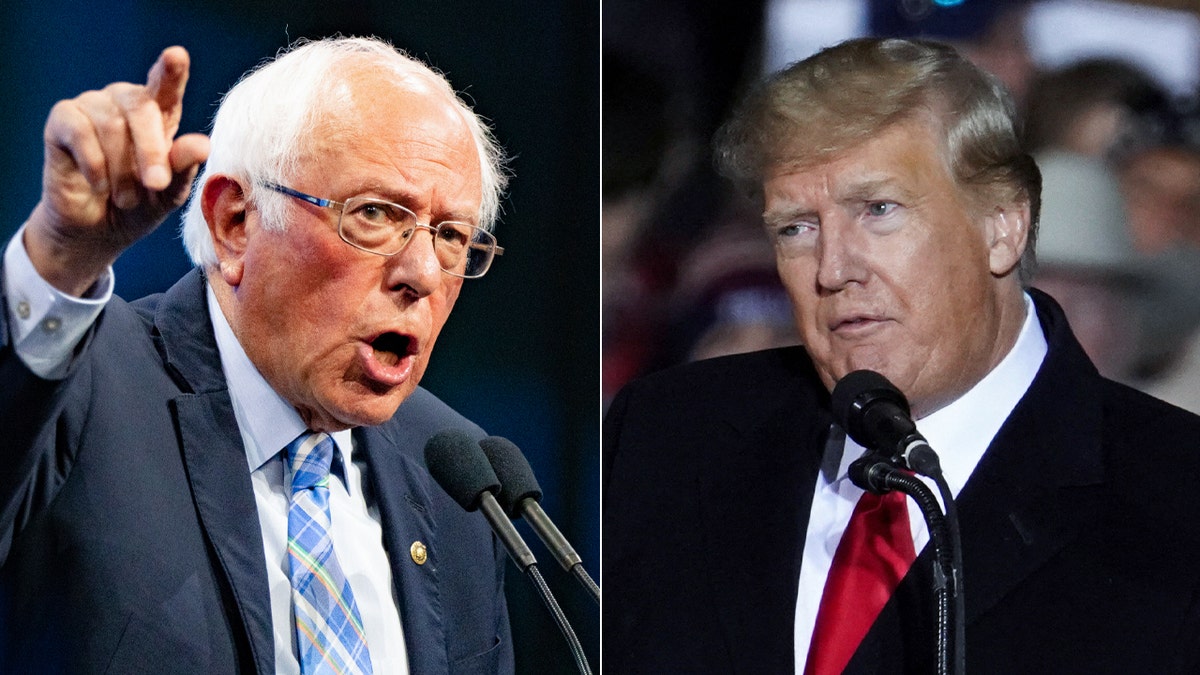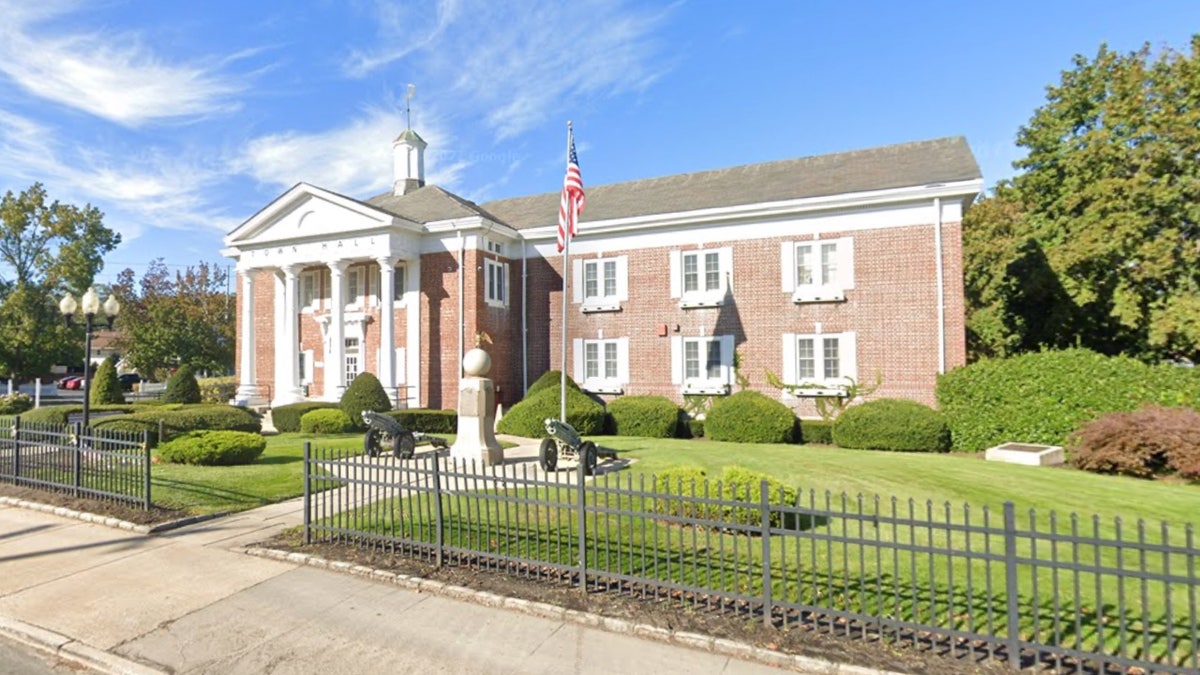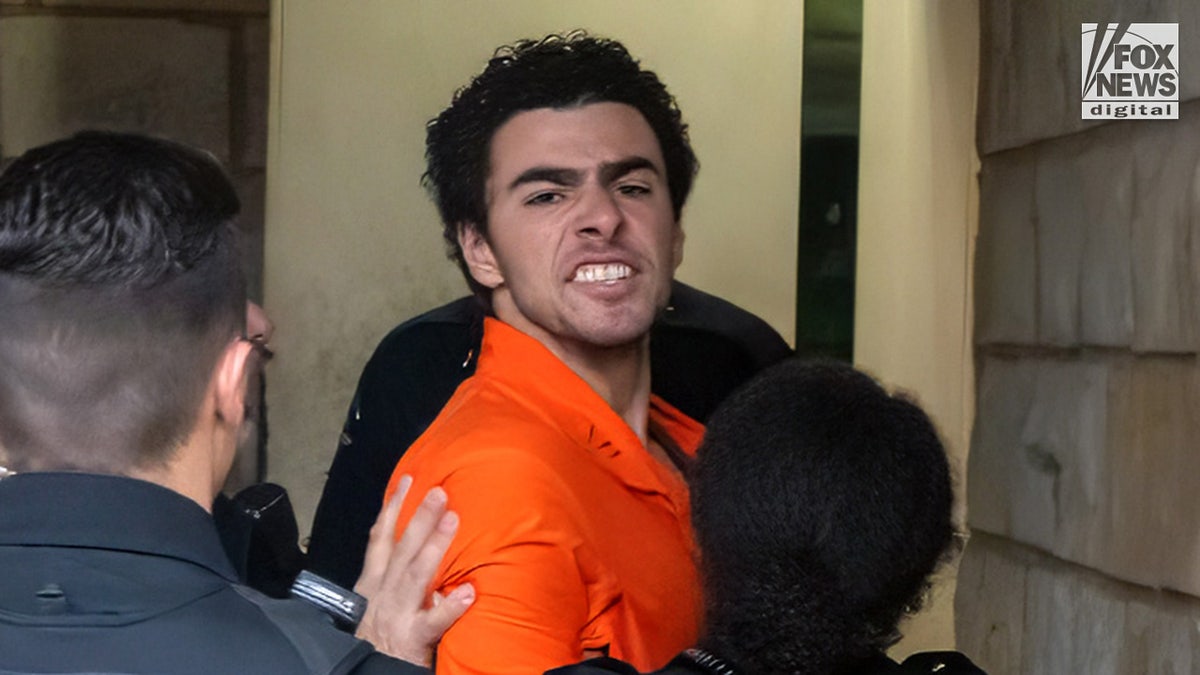A newly formed committee in East St. Louis aims to delve into the lasting repercussions of the 1917 race massacre and address the ongoing effects of systemic racism. The announcement came during a commemorative march held last Saturday to honor the victims of the horrific event. The massacre, occurring during World War I, saw a white mob attack Black Americans who had filled jobs vacated by striking white workers.
The East St. Louis Reparations Committee, backed by the Metro-East Organizing Coalition, plans to explore various forms of reparations, ranging from direct financial payments to housing initiatives, and examine how both state and federal governments can contribute. The committee's formation awaits a formal vote by the East St. Louis City Council.
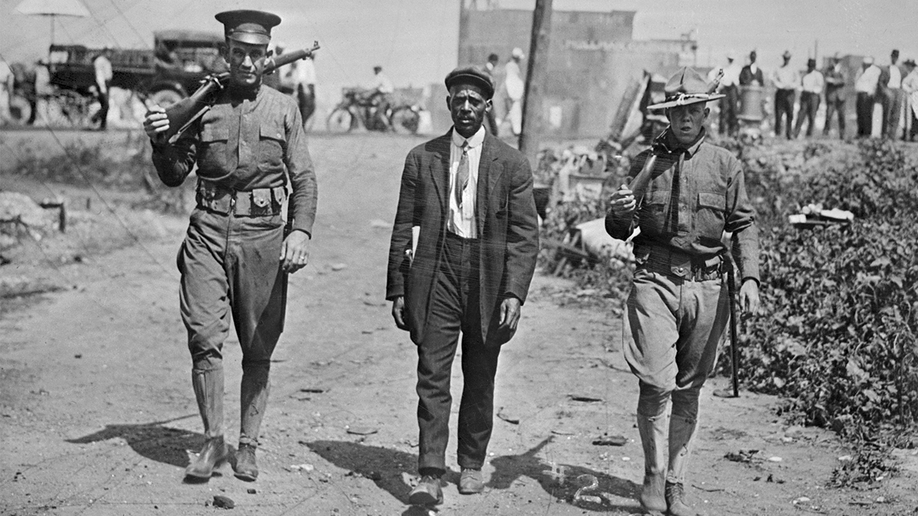
Two National Guard soldiers escort a Black man around the time of a race riot in East St. Louis. (Getty Images)
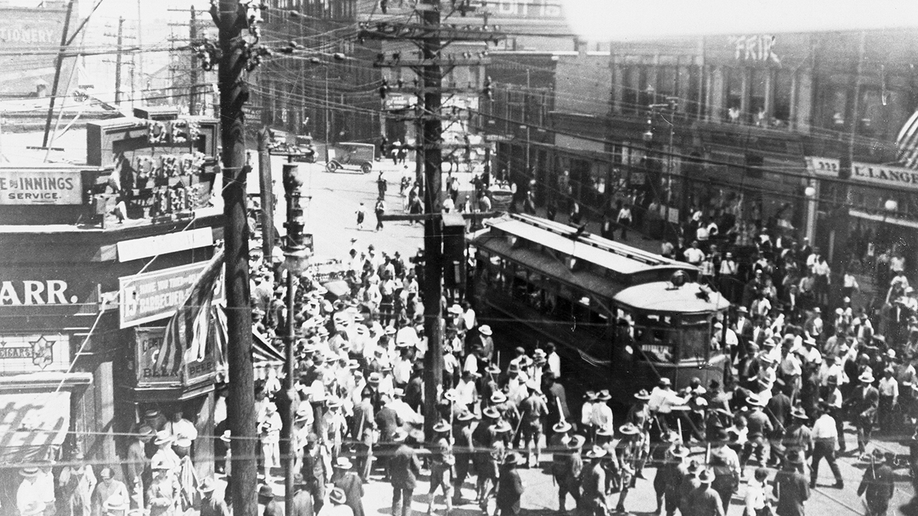
During the East St. Louis race riot of 1917, a mob beats an African American man in front of a street car, while the militia charged with restoring order stands by and does nothing. (Getty Images)
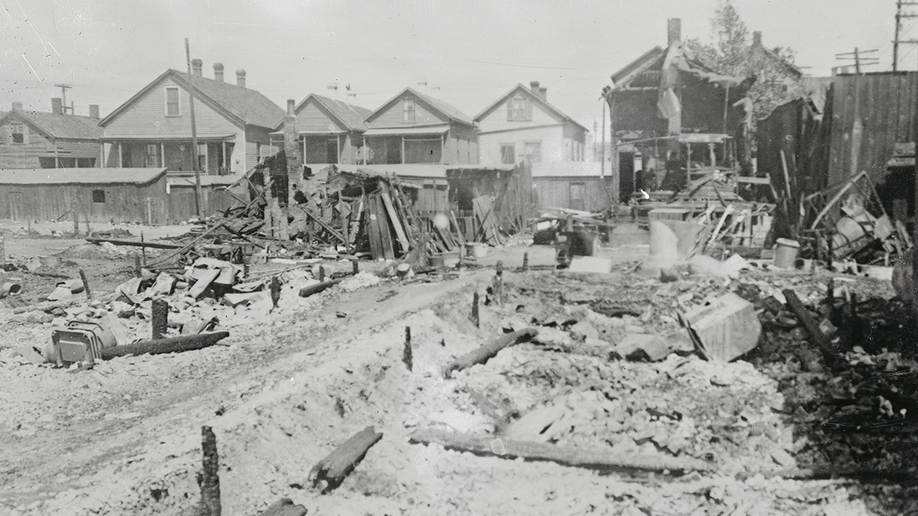
Houses in background which were not burned during the race riots. (Getty Images)
The massacre significantly hampered the economic progress of the Black community, resulting in the loss of homes, jobs, and generational wealth, according to community leaders. This initiative comes amidst a broader national conversation about reparations, with proposals being considered in various states, including California, Massachusetts, Illinois, and Pennsylvania.
A recent Pew Research Center survey revealed a stark divide in public opinion on reparations, with nearly 70% of Americans opposing the measure, while 30% expressed support. However, within the Black community, support for reparations reached almost 80%.
In California, a state task force dedicated to studying reparations has put forth a final report with recommendations, including a potential $1 million payment to eligible individuals, along with proposals such as ceasing police enforcement of certain laws like public urination and eliminating interest on overdue child support for Black residents.

